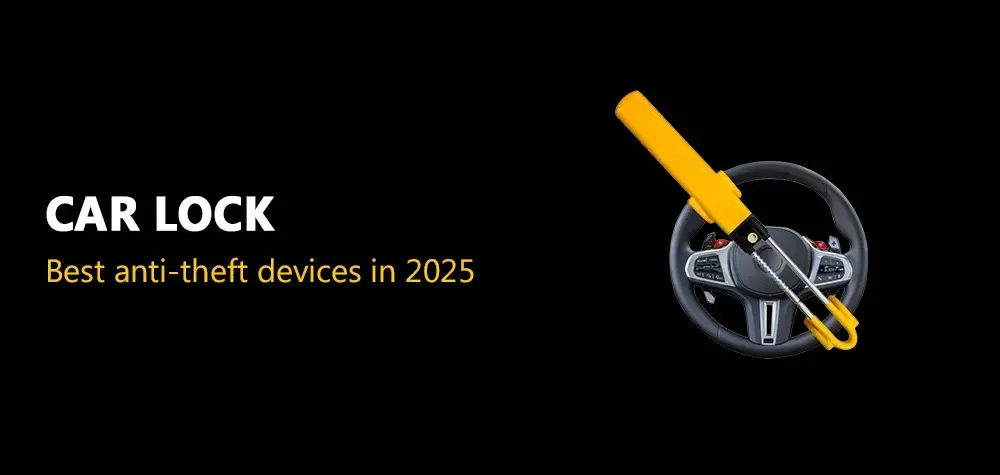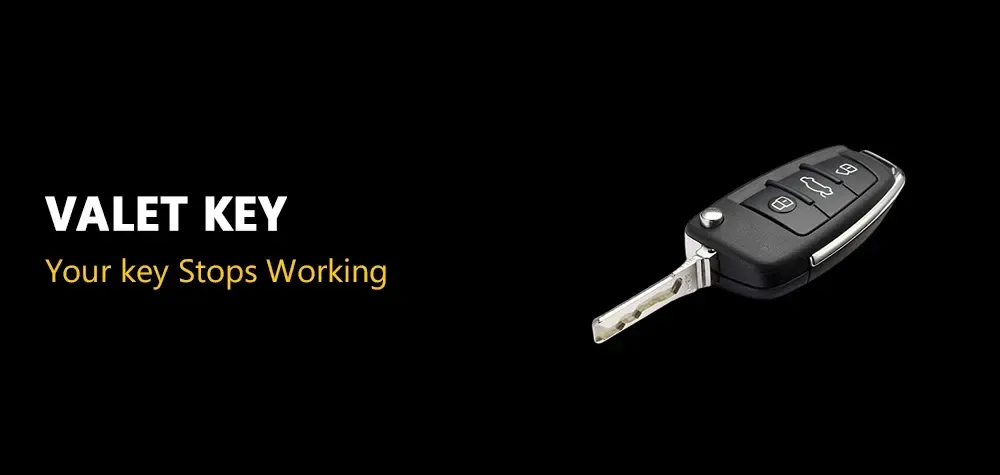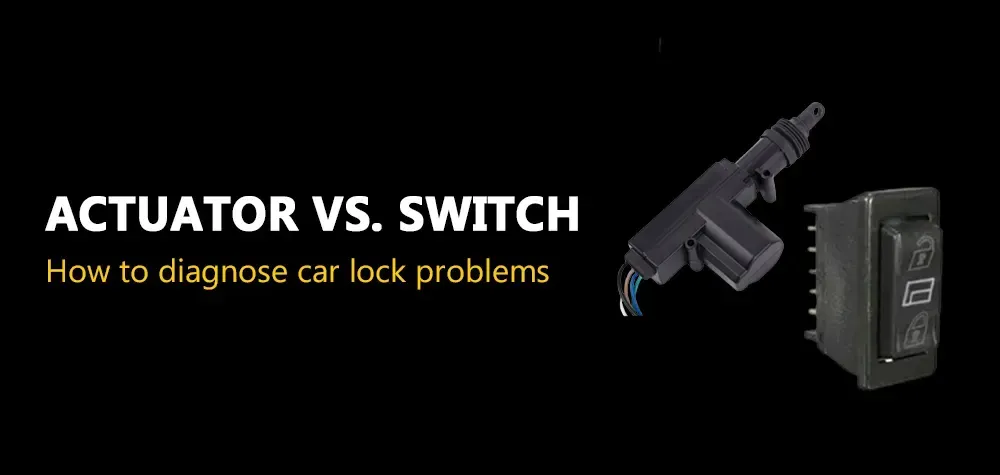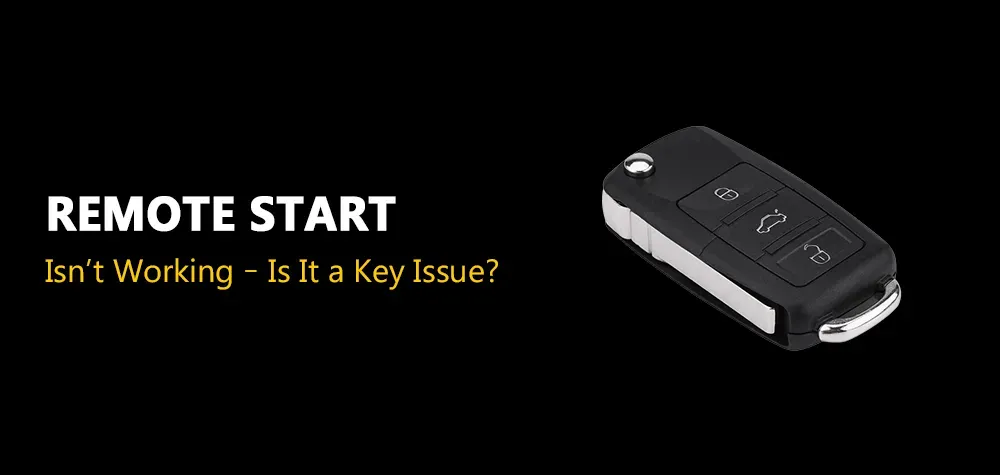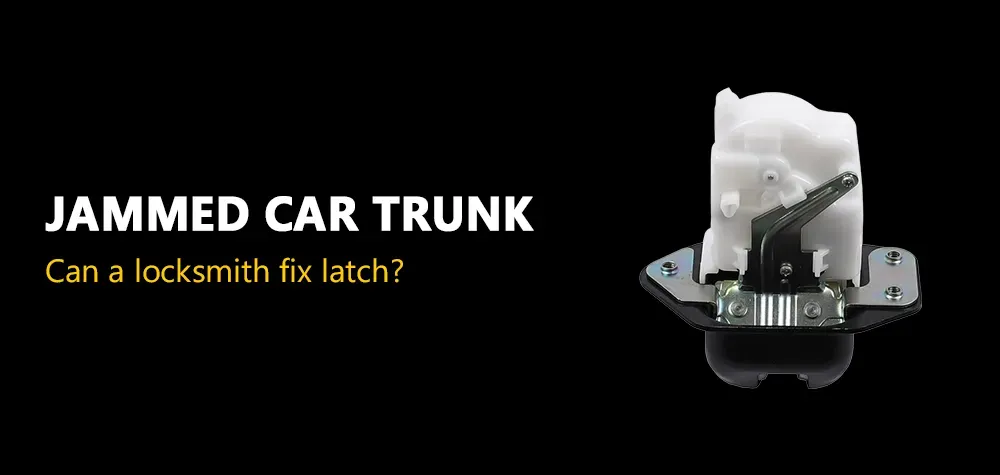A Comprehensive Guide to Prolonging the Life of Rekeyed Locks
When it comes to securing your property, rekeying your locks is a smart and cost-effective choice. However, the longevity of your locks depends on how well you maintain them post-rekeying. In this guide, we'll delve into the steps you should take to ensure the prolonged life of your locks, incorporating the expertise of Brothers Locksmith, your trusted partner in security solutions.
Understanding Rekeying
In the intricate world of security, where every lock serves as a guardian of our sanctuaries, understanding the art of rekeying becomes paramount. Rekeying is not merely a mechanical adjustment but a meticulous symphony conducted within the intricate chambers of a lock. It involves the delicate choreography of internal components, orchestrating a harmonious transition from old keys to new, while fortifying the fortress against unwanted intruders.
Rekeying is akin to a locksmith's fine brushstroke upon a canvas of security. It involves adjusting the intricate pin or wafer configurations within the lock cylinder, resetting its inner workings to respond exclusively to a new set of keys. This process not only renders previous keys obsolete but also reinforces the lock's resilience against unauthorized access—a crucial aspect in maintaining the sanctity of our spaces.
However, rekeying extends beyond mere mechanical adjustments. It embodies a philosophy—a proactive stance towards security maintenance. It's about recognizing the evolving dynamics of our environments and taking proactive measures to safeguard against potential threats. From temperature fluctuations that can affect the mechanisms within a lock to the inevitable wear and tear over time, understanding the nuances of rekeying is key to ensuring the longevity of our security apparatus.
Common Lock Issues and Troubleshooting
Locks, like any mechanical device, can experience issues from time to time. Understanding common problems and how to troubleshoot them can help you maintain the security and functionality of your locks. Here are some common lock issues and their corresponding troubleshooting tips:
- Sticking or Jamming: If your lock is sticking or jamming, it may be due to dirt, debris, or misalignment of internal components. Try using a lubricant specifically designed for locks to lubricate the keyway and internal mechanisms. Insert the key into the lock and turn it several times to distribute the lubricant evenly. If the issue persists, the lock may need to be professionally cleaned or adjusted.
- Key Won't Turn: If your key won't turn in the lock, it could be due to several factors, including a worn key, misaligned pins or wafers, or internal damage to the lock mechanism. First, try using a spare key to see if the problem persists. If the spare key works, the issue may be with the original key. If neither key works, the lock may need to be rekeyed or replaced by a professional locksmith.
- Loose or Wobbly Doorknob: A loose or wobbly doorknob can compromise the security of your door and may indicate loose screws or worn internal components. Check the screws securing the doorknob to the door and tighten them if necessary. If the problem persists, the doorknob may need to be replaced with a new one.
- Frozen Lock: In cold weather, locks can freeze due to moisture accumulation or ice formation within the keyway. To thaw a frozen lock, use a hairdryer or heat gun to gently warm the keyway. Be careful not to apply too much heat, as excessive heat can damage the lock. Once the lock is thawed, use a lubricant to prevent future freezing.
- Broken Key: If your key breaks off in the lock, avoid using excessive force to remove it, as this can cause further damage to the lock. Instead, use needle-nose pliers or tweezers to carefully extract the broken key fragment. If you're unable to remove the broken key yourself, contact a professional locksmith for assistance.
- Door Misalignment: If your door is difficult to lock or unlock, it may be due to misalignment between the door and the door frame. Check for any visible signs of misalignment, such as gaps or uneven spacing between the door and frame. Adjust the hinges or strike plate as needed to ensure proper alignment.
Best Practices for Longevity
Now that we've unlocked the essence of rekeying, let's delve into some practical tips to ensure your locks stand the test of time. These simple yet effective practices will help maintain the integrity of your security system, providing peace of mind and longevity for your locks:
- Regular Maintenance: Just like any other part of your home or business, locks benefit from regular upkeep. Take a few moments every few months to inspect your locks for any signs of wear or damage. Tighten loose screws, lubricate the lock mechanism with a bit of graphite or silicone-based lubricant, and ensure everything is in working order.
- Be Gentle: While locks are designed to withstand daily use, excessive force or rough handling can take a toll on their longevity. Avoid slamming doors or forcing keys into the lock. Instead, use a gentle touch and take care when operating your locks to extend their lifespan.
- Keep Them Clean: Dust, dirt, and debris can accumulate within the lock mechanism over time, leading to performance issues. Periodically clean your locks with a soft brush or compressed air to remove any buildup. Avoid using harsh chemicals or abrasive materials, as these can damage the lock's finish and internal components.
- Mind the Weather: Extreme temperatures and humidity can affect the performance of your locks. In areas with fluctuating weather patterns, consider installing weatherproofing seals around exterior doors to protect your locks from the elements. Additionally, avoid exposing your locks to direct sunlight or moisture, as prolonged exposure can cause rust and corrosion.
- Stay Secure: Finally, remember that rekeying is not a one-time fix but an ongoing process. Regularly assess your security needs and consider rekeying your locks if circumstances change, such as moving into a new home or experiencing a change in personnel at your business. By staying proactive and vigilant, you can ensure your locks remain strong and secure for years to come.
- Avoid Excessive Key Copies: While it may be tempting to make extra copies of keys for convenience, limit the number of key copies you distribute. Each additional copy increases the risk of unauthorized access and puts additional strain on the lock mechanism. Keep track of who has access to your keys and only provide copies to trusted individuals when necessary.
- Upgrade to High-Quality Locks: Invest in high-quality locks with durable materials and advanced security features. Look for locks with hardened steel components, anti-drill and anti-pick features, and tamper-resistant designs. Quality locks are more resistant to wear and tampering, providing enhanced protection for your property.
- Secure Your Entry Points: In addition to rekeying your locks, ensure that all entry points to your property are properly secured. Install deadbolts on exterior doors, reinforce door frames with strike plates, and consider adding additional security measures such as door alarms or security cameras. A comprehensive security system provides multiple layers of defense against intruders.
- Educate Yourself: Take the time to educate yourself about common lock issues and maintenance techniques. Familiarize yourself with how your locks work and learn how to troubleshoot common problems such as stuck or jammed locks. Knowledge is power when it comes to maintaining the longevity of your locks.
- Schedule Professional Inspections:Consider scheduling regular inspections by a professional locksmith to assess the condition of your locks and identify any potential issues. A locksmith can perform routine maintenance tasks, such as lubricating moving parts and adjusting internal components, to keep your locks in optimal condition. Additionally, a locksmith can provide expert advice on security upgrades and recommend solutions tailored to your specific needs.
Brothers Locksmith: Your Trusted Security Partner
When it comes to locksmith services, Brothers Locksmith stands out as a reliable and customer-focused choice. Their commitment to quality, coupled with a diverse range of security solutions, makes them the go-to partner for all your locksmith needs.
Conclusion
Prolonging the life of rekeyed locks is a proactive process that requires attention to detail and the right expertise. By incorporating the tips mentioned above and partnering with Brothers Locksmith, you're not just securing your property; you're investing in the longevity of your locks. Keep your home or business safe and sound with the right knowledge and the right locksmith by your side.
Call Us Any Time!

